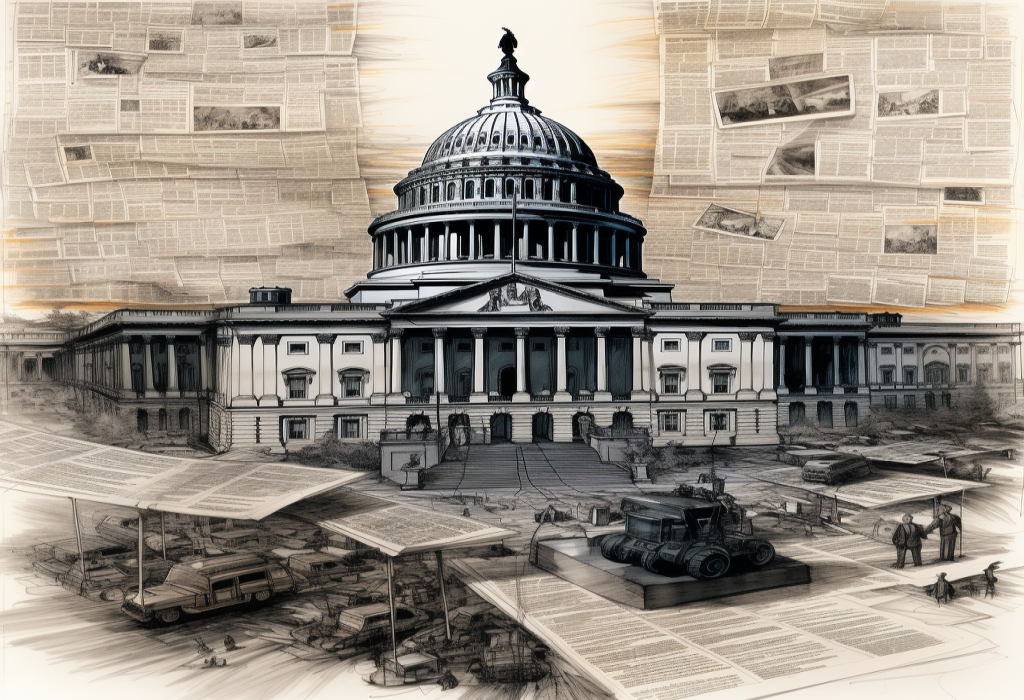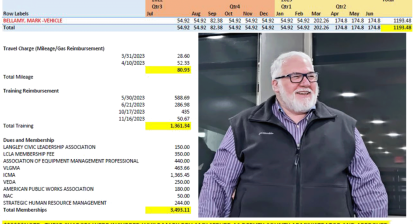Referencing Daily Press Article
At a recent Virginia Freedom of Information Act (FOIA) Advisory Council meeting, members engaged in a lively discussion on FOIA priorities, revealing a spectrum of perspectives on transparency and government secrecy. Some members pushed for enhanced openness and easier access to public records, highlighting a desire to bolster transparency. Conversely, others proposed measures aimed at reducing the operational burden on government agencies, which could potentially lead to greater secrecy. This debate emphasizes the delicate balance between maintaining public access to information and addressing the practical needs of government entities.
Megan Rhyne, Executive Director of the Virginia Coalition for Open Government, expressed disappointment with what she perceived as the council’s growing bias towards government interests. She lamented the apparent reluctance to fully support transparency, noting that the council’s focus seemed to be shifting away from public access.
Megan Rhyne: “I just found it kind of sad that there seemed to be just such antipathy to people using this statutory right.”
“The number of things that they were asking to have reviewed was kind of indicative of how the FOIA Council has become much more government-leaning.”
In contrast, Del. Marcus Simon, the FOIA Council Chairman, acknowledged the concerns about secrecy but emphasized the need to reassess the culture surrounding FOIA to promote greater accessibility. He highlighted the tendency of agencies to default to non-disclosure on discretionary matters and proposed revisiting certain exemptions to improve transparency.
Del. Marcus Simon: “I think I understand the concern. I’m not sure I share it necessarily.”
“The feedback I’ve gotten is that whenever there’s a discretionary disclosure issue the agency or public body tends to default to non-disclosure.”
Lola Rodriguez Perkins, a member of the FOIA Council representing local government, argued in favor of stricter secrecy laws for closed sessions to prevent information from being disclosed after meetings. She also proposed restricting FOIA requests from individuals currently involved in lawsuits against government entities. Additionally, she recommended extending the response times for certain FOIA requests related to education to comply with federal regulations. These proposals aim to limit public access to information and potentially increase government control over the disclosure process, reflecting a balancing act between transparency and administrative efficiency.
Lola Rodriguez Perkins: “Individuals come out of closed session and then have conversations with members of the public or send emails to other members.”
Lindsay Fisher: “I’m thinking of one specific example that I’ve seen in a past life of someone who is making the same request multiple times but (it) is worded differently.”
Chidi James, a personal injury lawyer and member of the FOIA Council, suggested conducting regular reviews of FOIA exemptions. His proposal aims to ensure that these exemptions are justified and not overly restrictive, thereby promoting transparency in government operations.
Chidi James: “I just think it’s a good idea just to regularly take a look at what they are and see if we might have too many.”


